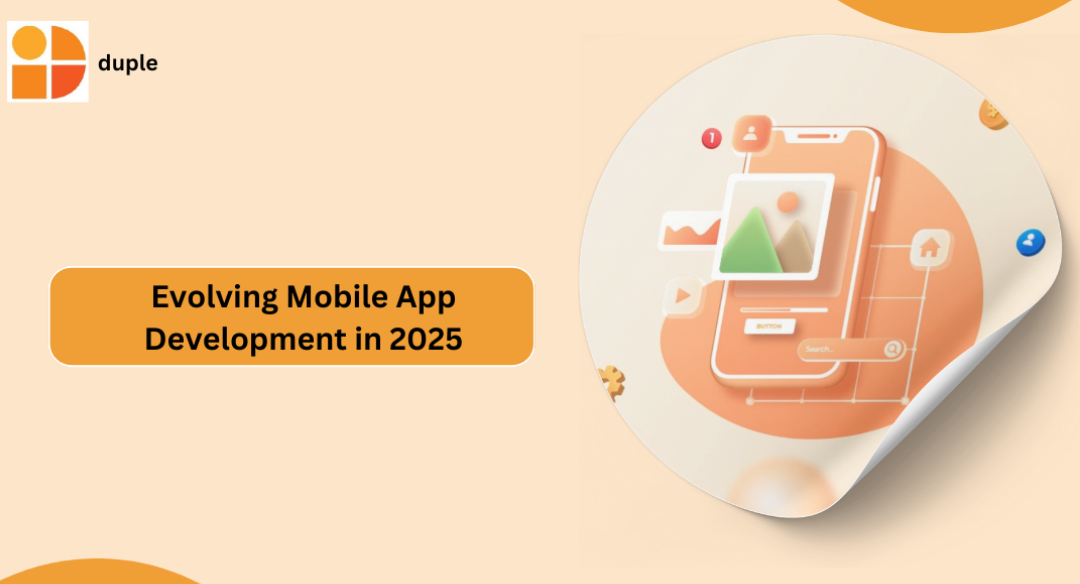Ecommerce App Development
The Internet transformed into a massive shopping hub from its origins as an information highway.
Ecommerce app development started in the late 1960s, but it really took off recently. During the COVID pandemic in 2020, more people began buying online. This trend is set to continue strongly until 2026. By then, experts predict the ecommerce market will reach $5.4 trillion.
Many entrepreneurs see potential in this sector, so they’re creating ecommerce apps.
This blog explains why building an ecommerce app development leads to lasting growth. It covers crafting an original app idea, the steps to develop and launch it. First, let’s define e-commerce.

What is Ecommerce App Development?
An ecommerce app development is a program designed to make it easier for people to buy and sell things online.
Ecommerce app development empower individuals and organizations to participate in buying and selling goods and services, as well as transferring funds or data. Essentially, ecommerce apps assist businesses in generating revenue through the exchange of goods, services, or information over the Internet.
This article is all about making ecommerce app development for mobile phones. Since just about everyone has a smartphone, it’s smart to focus on apps for them. The “Massive revenue potential” section explains why. Developing these apps offers the best chances for growth.
Now that you understand what an ecommerce app development is, let’s explore why it’s a great opportunity to create one.
Feel free to skip ahead to the process of developing an ecommerce app if you’d like.
Why You Should Consider Developing an Ecommerce App Development:
At Duple IT Solutions, we’ve honed our expertise in designing and developing ecommerce applications. Through our experience, we’ve discovered the primary advantages of ecommerce app development:
- Significant Revenue Potential
- Adaptation to Changing Consumer Behavior
- Enhanced Customer Engagement
Let’s Delve Deeper into Each One
1. Significant Revenue Potential: The growing reliance on ecommerce apps in our connected world is undeniable, as supported by statistics.
As of 2023, about 6.5 billion smartphones are in use globally. By 2028, this number is forecasted to reach 8 billion. This prediction highlights the importance of having a mobile commerce app to reach a large potential market.
The significant growth potential is not mere speculation. Real companies have thrived by leveraging the influence of mobile ecommerce.
2. Adaptation to Changing Consumer Behavior: The surge in ecommerce due to the pandemic has changed shopping habits. Creating an ecommerce app helps businesses adjust to evolving consumer preferences and seize opportunities in the expanding online market.
One particularly keen demographic for online shopping is millennials.
Research shows that about 70% of millennials prefer to spend “the same or more” online. Additionally, the projected spending power of millennials is estimated to be slightly over $2 trillion. Moreover, mobile commerce statistics predict a steady rise in shopping via phones and tablets.
The change in how people shop online is so big that some Shopify store owners are turning their stores into mobile apps. Many Magento store owners are also thinking about making mobile apps.
In conclusion, with consumer trends shifting toward the ecommerce app development is a smart strategy for effective expansion.
3. Enhanced Customer Engagement: Because a lot of people worldwide already have smartphones, ecommerce apps provide convenient meeting points for consumers and their favorite brands or entrepreneurs.
Furthermore, every tap of a button or swipe within an ecommerce app can be tracked, thanks to mobile app analytics tools. Having these tools in place, ecommerce apps can track and record user preferences, dislikes, and areas of difficulty. This valuable data informs marketing strategies to boost sales and improve customer service.
Google Analytics is just one of the many tools that can track mobile app users to enhance ecommerce business operations. Our article on retail apps for improved store management explores further how Google Analytics and other tools can assist store owners in stepping up their performance.
Now that you understand the benefits of ecommerce app development, let’s delve into the entire process of generating ideas and launching your ecommerce app.
Here are the steps in the ecommerce app development process:
- Generate ideas and conduct research
- Define the fundamental features of your app
- Evaluate essential characteristics of ecommerce apps
- Choose your platform
- Create the design for your ecommerce app
- Commence app development
- Market, launch, and refine your app
Dive into Ecommerce App Development:
Ecommerce app development involves finding innovative ways to sell products and services to a receptive market. Even small enhancements compared to competing ecommerce apps can significantly contribute to the sustainable success of your app business.
While development tools like Magento and Shopify app builders may seem like convenient shortcuts, they rarely result in long-term sustainability.
Ecommerce businesses require a reliable and collaborative partner who can push the boundaries of technology in this field for app development.
Duple IT Solutions is that partner. We’ve risen to become the leading app agency worldwide, recognized among the best app designers globally. In the ever-evolving landscape of ecommerce, partnering with Duple IT Solutions ensures your journey to app success is not just a possibility, but a promising reality.







